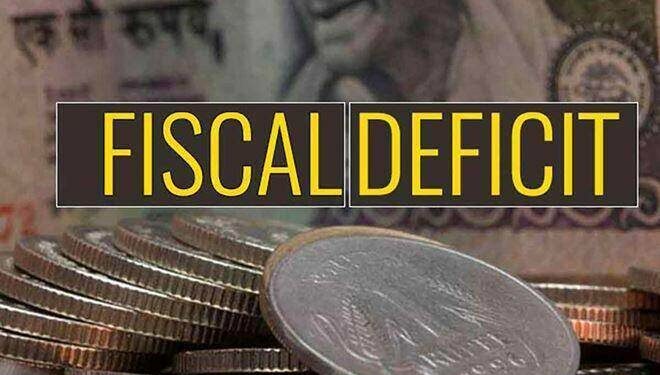AfDB pegs Ghana’s fiscal deficit at 9% in 2022
Ghana’s fiscal vulnerability takes center stage as new revelations from the African Development Bank’s West African Economic Outlook 2023 Report expose the nation’s economic challenges. With a fiscal deficit to Gross Domestic Product (GDP) ratio at 9% in 2022, Ghana is adjudged the country with the highest deficit among its West African peers. Though a marginal improvement from the previous year’s 9.2%, the fiscal imbalance remains a cause for concern.
The report indicates that the nation’s fiscal deficit, averaging 5.8% of GDP between 2014 and 2020, ranks the second highest within the Economic Community of West African States (ECOWAS). Ghana’s fiscal challenges, underscored by underperformance in domestic revenue, were exacerbated by the pandemic-induced economic slowdown. This, coupled with an astronomical rise in debt due to substantial borrowings and exchange rate depreciation, has cast a shadow over the nation’s economic landscape.
Provisional data on budget execution, however, offers a glimmer of hope. From January 2023 to May 2023, Ghana’s overall broad cash deficit stood at 1.8% of GDP, lower than the programmed budget target of 4.0% of GDP. The Bank of Ghana reports a primary balance (cash basis) deficit of GH¢1.2 billion (0.1% of GDP), remarkably lower than the deficit target of GH¢6.7 billion (0.8% of GDP).
The AfDB report underscores that fiscal deficits in the West African sub-region grew in 2021 for all countries except Guinea and Liberia, both managing to buck the trend with declines of 0.4 and 2.1 percentage points, respectively. Guinea, Gambia, and a handful of nations showcased remarkable resilience in the face of COVID-19’s adverse effects, revealing improved GDP growth and stronger fiscal positions.
However, the AfDB report pinpoints a pressing concern which is the narrow base of the region’s tax systems. This is evident in figures highlighting Cape Verde and Senegal leading the tax-to-GDP ratio with 24.4% and 15.9% respectively between 2014 and 2020. Yet, Nigeria and Guinea Bissau lag with 2.8% and 8.6% respectively.
West Africa’s average tax-to-GDP ratio stands at 5.9% in 2014-2020 and 7.4% in 2022 – a far cry from the 15% average minimum needed to galvanize progress toward Sustainable Development Goals in developing nations.









